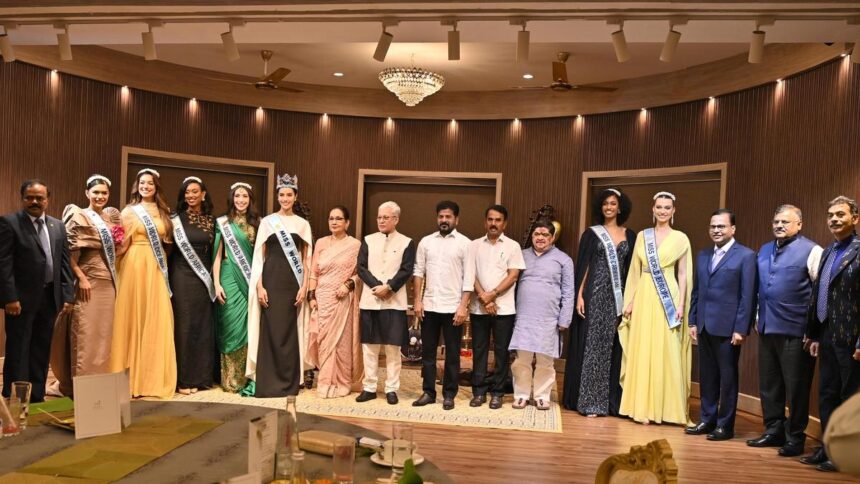
Development of newer fabrics and garment construction, use of innovative materials, and incorporation of AI and Meta are changing the fashion industry
| Photo Credit: Getty Images/iStockPhoto
Fashion is one of the industries that has been continuously evolving and adapting to technological and industrial advancements. The study of fashion not only offers an outlet for creativity but also allows integration of new techniques such as development of newer fabrics and garment construction, use of innovative materials, and incorporation of AI and Meta in the industry. Thus, it is crucial to understand the key areas that students who are preparing to work in the industry will need to be aware of.
AI integration: With the trend rapidly moving towards personalised products and unique services, AI integration will help to create distinctive and bespoke merchandise that can cater to customer preferences. Students need to learn to create and focus on personalisation and leverage AI tools to be successful. Another key area of integration for students to learn and adapt is use AI for e-commerce platforms and personalised interfaces in online shopping.
Skill development: With fashion programmes adopting a more hands-on approach in learning and development, integrating industry-linked skill development programmes into the curriculum is crucial. On-campus lectures by experts, mentorship programmes, workshops, seminars, fashion shows, and other such activities will help future designers acquire essential skills.
Ethical fashion: With growing concerns about unethical practices in fast fashion, students who will be designers, creators, fabric developers, stylists, influencers, and communicators must learn to identify ethical supply chains, use sustainable materials and resources to create distinctive fashion pieces, and collaborate with professionals and organisations that uphold fair-trade practices.
Sustainability: Work in this area has been based on efficiencies in the current system, dematerialisation, and closed-loop systems for fashion products. The industry must prioritise building trust with customers, establishing a network of people-centric fashion brands, and adopting sustainable materials. This should reflect in fashion education by training students to be more creative in designing and making pieces that have multiple uses, are durable, and can be used for many years.
Remodel curriculum: Curriculum restructuring should integrate aspects of blended learning, embed newer pedagogical ideas, relevant content, and delivery methods and focus on greater industry interface, learning from the experts, including workshops and field visits, and modifying assessment criteria.
The writer is Director Academics, AAFT Noida.
Published – July 26, 2025 02:30 pm IST























